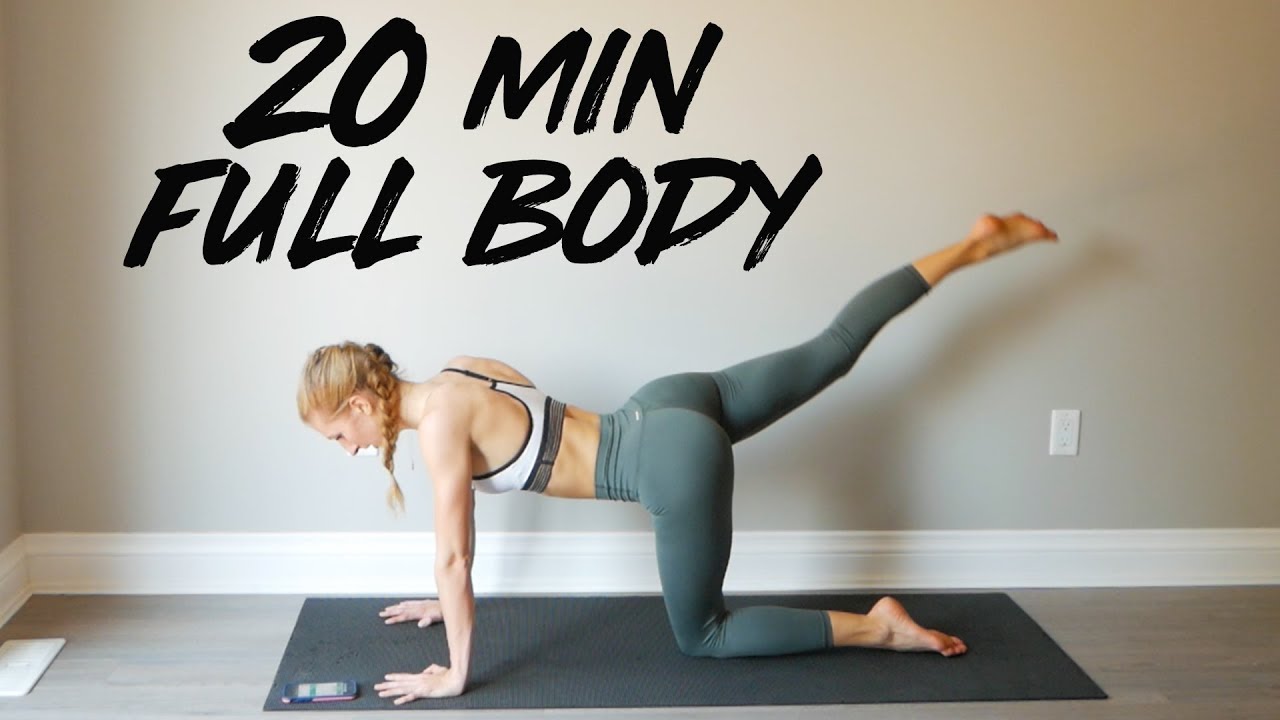
Intermediate workouts are those that include varying levels. This program is great for those who haven't given their workouts enough attention, or aren't training hard enough. You will find different exercises to target different areas of your body in a good plan. No matter how overweight you are, it is important to train harder and change your habits.
Beginer exercise routine
Beginner workout routines are a great way to begin a physical fitness program. They can be performed in the comfort of your own home or at a fitness center, and they do not require any special equipment. The key to success is variety and intensity. The key to similar results is intensity and variety. Whatever type of exercise you choose to do, warm-up is essential. This will raise your body temperature and improve blood flow to your working muscles.
Beginers should work out with a full-body routine. These workouts involve all major muscle groups and can be done up to three times per week. This will enable the body to work together, and give the muscles the stimuli they need to grow. This is an excellent way to keep your body in great shape and prevent overtraining. Proper pauses should be included in beginner workouts. Overworking your muscles can lead to burnout and discouragement.
Moderate intensity
Heart disease patients may find a moderate intensity exercise program to be extremely beneficial. This type of exercise allows participants to work all of the major muscle groups. These include the legs as well their hips, arms and chest. It has many health benefits. In addition to improving overall fitness, moderate intensity workouts can help patients with heart disease reduce their risk of heart disease by increasing their stamina.

Moderate exercise, in addition to helping prevent heart disease, can improve your mood and increase your well-being. The American Heart Association recommends an average person get at least 30 mins of moderate exercise each week. Any activity that stimulates your heart rate is considered moderate exercise. Brisk walking, raking your yard, mopping floors, or playing tennis with a partner are all examples of moderate exercise.
Complete body workout
You should do a mix of different exercises to target different muscle groups in your full body workout. Start by using a lighter weight. Gradually increase the intensity by adding sets for each muscle group. You can add mobility exercises to improve your shoulders, hips or wrists. You must always exercise properly to avoid injury. Start with smaller weights to get started in weightlifting. You should not compare yourself to other weightlifters who have more experience. A complete body workout should take approximately an hour and half.
Frequency is another key component to a full-body workout routine. It is best to work out each muscle group twice per week. This will allow you to develop a balanced physique. This approach is supported by numerous scientific studies. One example is a study in Journal of Strength and Conditioning Research that shows that full-body exercises have a greater effect on hypertrophic factors than workouts that target one muscle group.
Interval training
Interval training is a great workout for people with intermediate fitness levels. The key is to start off slowly and work up to longer intervals. Maintain a moderate-to-challenging pace and be aware of how your heart beat is changing. You should aim to keep your heart rate between 100-110 beats per minute during intervals. Then, gradually increase the intensity. Talk to a certified personal training or fitness specialist if you're unsure about your level. If you are suffering from a muscular problem or a back injury, it is advisable to start with low-impact exercises like swimming or elliptical.
Interval training is a great way to improve cardiovascular fitness. The heart and lungs work together in this type of workout to bring oxygen back to the muscles, and also to break down lactic acids. Once the cardiovascular system is in good health, the aerobic system can take over and use oxygen to convert stored carbohydrates into fuel. The result is a stronger heart muscle and improved athletic performance. This exercise is not associated with burnout, which can occur in repetitive exercise.

Workout routines that are more advanced
An advanced workout routine involves working out for a longer period of time, and involves increased volume and intensity. While muscle gains will not be as rapid as those made by beginners, it's still possible to make good progress. A six-day training program with a day of rest is required to maximize muscle growth. It should include supersets and target all muscle groups twice weekly.
Advanced routines demand a thirst for knowledge, and the willingness to push yourself. It is important to push yourself to the limits. To recruit large amounts of muscle tissue, you need to use moderate volume, high intensity, and multiple angles. It requires accepting pain as a stimulant for growth.
FAQ
What are Resistance Training Exercises?
Resistance training involves using weights or other objects to perform specific movements. Lifting weights can strengthen your arms, shoulders and chest as well as your back, legs and core. Resistance training promotes strength, muscle mass, and bone density.
What are Cardio Exercises and How Do They Work?
Cardiovascular exercises are ones that make your heart and lungs work harder. You can do this by running, swimming, biking, rowing and bicycling. These activities help you burn fat and increase your metabolism. They can also help you stay fit by strengthening your heart and lungs.
Why is it so important to get enough sleep?
Sleep is essential for maintaining a healthy lifestyle. Your body can repair itself and recover from everyday stresses by getting enough sleep. A good night's sleep is essential for optimal functioning throughout the day.
Statistics
- In high-income countries, 26% of men and 35% of women were insufficiently physically active, as compared to 12% of men and 24% of women in low-income countries. (who.int)
- Adolescent girls were less active than adolescent boys, with 85% vs. 78% not meeting WHO recommendations of at least 60 minutes of moderate to vigorous intensity physical activity per day. (who.int)
- Globally, 28% of adults aged 18 and over were not active enough in 2016 (men 23% and women 32%). (who.int)
- In 2018, the World Health Assembly agreed on a global target to reduce physical inactivity by 15% by 2030 and align with the Sustainable Development Goals. (who.int)
External Links
How To
How to keep fit while pregnant
Your body experiences many changes when you are pregnant. Due to the fact that you are having a baby inside of you, your metabolism will slow down. You also eat less. You might even start to feel sick if you don't get enough sleep. However, there are ways that you can be healthy and still have fun during this exciting time in life.
Before beginning any exercise program, consult your doctor. They will be able to tell you what exercises to avoid and which ones they recommend you do safely. Also, ensure you eat well all through your pregnancy. This includes eating plenty iron, fiber, and protein. Third, drink plenty of fluids. Since sweat causes fluid loss, it is especially important that you drink water while you exercise. Don't forget to take care of the feet. Make sure they're always dry and wear shoes that support them. Morning sickness can be caused by eating small amounts of bread or crackers before you get out of bed. You might end up feeling nauseated.
-
Eat Well. A healthy diet will be important throughout your pregnancy.
-
Stay active. Get active for at least 30 minutes each day.
-
Maintain a healthy weight Eating smaller meals and snacks can help you lose weight.
-
Get Enough Sleep. Sleep should be at least 7 hours each night.
-
Manage Stress. Learn relaxation techniques.
-
Avoid Alcohol. It can cause miscarriage or birth defects.
-
Be gentle with yourself. Do not push yourself too much.
-
Take care of yourself. Have someone check in on you when needed.
-
Relax. Do things that bring you joy.